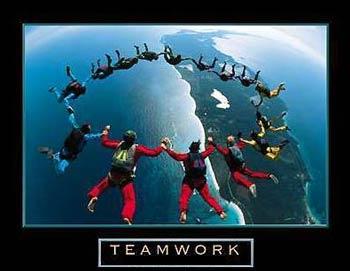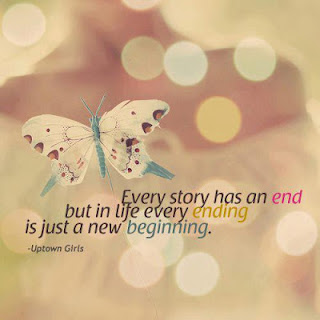Jesus:
Definition of culture would be the difference, is the way
each group of people celebrate their customs. Each country has their own
culture and defines their way of expressing themselves through customs and
traditions.
Diversity would be the variety of a certain something. For
example, a town can have a diverse population meaning that there are people
from many races, religions and ethnicity.
Aurielle:
Culture is simply the belief system, morals, ethics,
traditions, and living automaticity in the way a unit (such as an individual,
family or group) functions. Culture can vary within large groups or be
quantified among individuals.
Diversity is a range of differences in a contextual circumstance. In essence, diversity functions as a way to
identify personal uniqueness and unit differentiation.
Daniela:
Culture ... Way of living how you were raised sample religion,
politics, manners, society your morals.
Diversity: different, variety
Asking different people what their thoughts about culture
and diversity were was very interesting and enriching. Some answers I received
that were similar to what I’ve studied in this course about culture were:
culture as a system of behaviors, beliefs, traditions, morals, ethics,
I was surprised to see that most of them referred to culture
as different units that form a whole, though some things were not included such
as: identity, abilities, disabilities, gender, language, culture as heritable
factor, among many others. To my criteria, the answers presented were very good
and reflected a feeling of culture as a composition of influences, not limited
to ethnicity.
The definition of the participants made me reflect on my own
definition and inclusions related to culture and diversity. I believe that culture is an identity, and a
powerful lens we see the world through.






